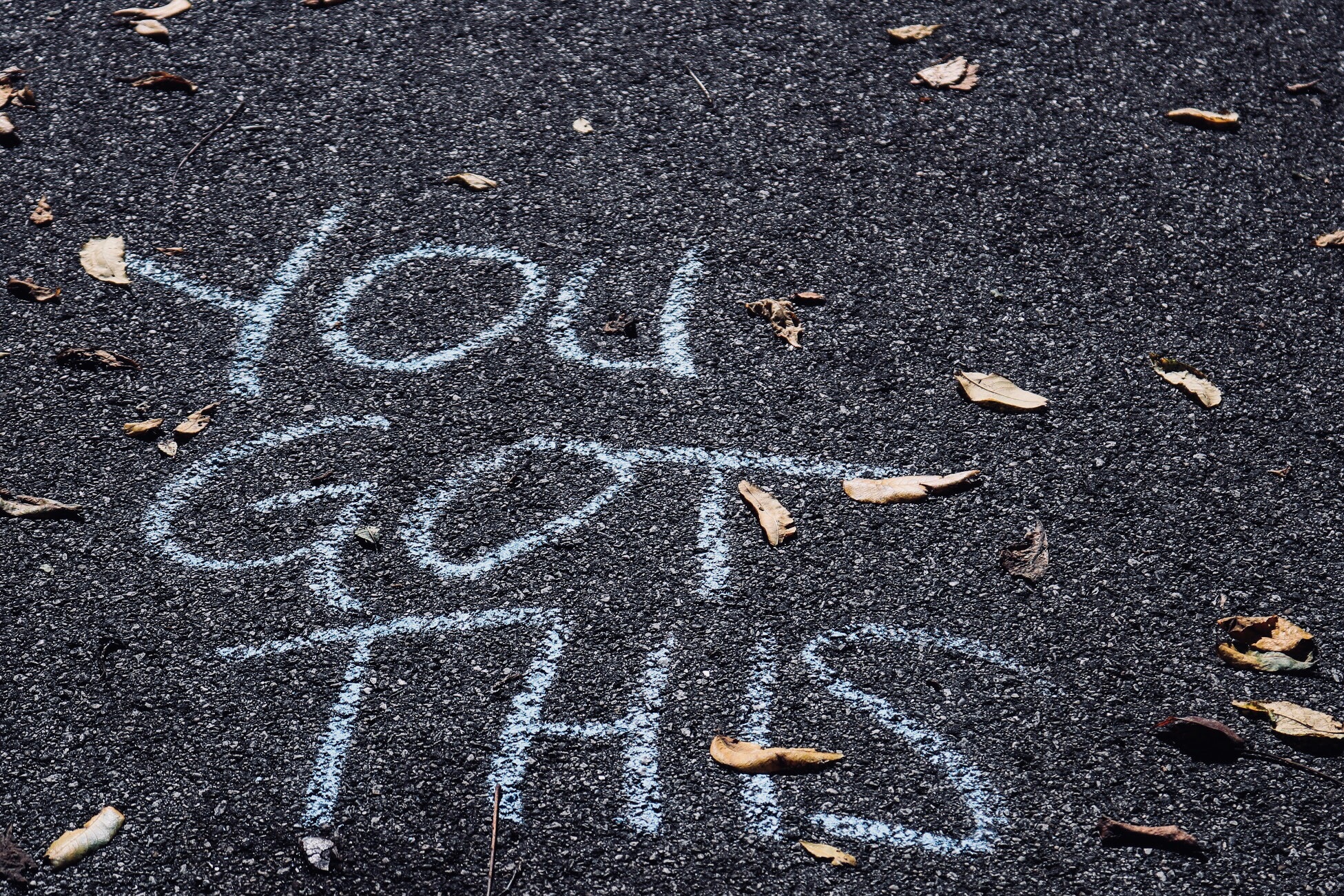3 Tools for Self-Fluency and Emotion Regulation: Make Being Human More Manageable
Photo by sydney Rae on Unsplash
There are a lot of things that make emotion regulation difficult. Likely the most challenging aspect is the unpredictability of the human experience, things we don’t know until we know, and the circular nature of our lived experience and history. We can be walking along on any given Tuesday, and BAM out of nowhere, a thought, smell, situation, or person, can trigger some historical experience that is like a gut punch to the entire sympathetic nervous system, or fight-or-flight response. This happens automatically so there is little we can do to prepare and it’s common to short-circuit on skills. It’s so tricky, because sometimes it can even be something we have “worked through” and presents slightly differently, or exactly the same. I often find myself coaching around reducing vulnerability factors, which helps by making us less vulnerable to impulsivity or reactivity when these moments arise, and it makes sense that when we are walking along and suddenly sideswiped, being skillful can feel almost impossible.
What can we do then?
- Mindfulness and Self-Fluency: When we are aware of our baseline, we are aware when our baseline is destabilized. Self-Fluency is a term I like to use to describe the relationship we can create with ourselves, our past, and our understanding of our worldview that makes us “able to read with speed, accuracy, and proper expression.” The more connected we are to the notion that we are who we are, and come by it honestly, the more we can make peace with the parts of ourselves that are less desirable. We all have them.
Practice: Checking in with oneself daily, what’s going on for me? How do I feel? How do I feel about that really? What’s underneath this feeling? How can I make sense of why I am experiencing this a certain way?
- Cope ahead. Have an “Oh Shit” plan: think in advance about what types of things about a situation or event could be challenging. Plan what you will do, what skills you will use and who you will contact if you encounter these things. Then visualize yourself going through the motions of your plan and connect to how you will feel after you have exited this challenge skillfully. When we have a plan for how to cope with difficulty our brain has a map for where to go when we don’t have a plan. I call it a dysregulation protocol, it doesn’t always look the same but we can respond to triggers/dysregulation in the same way: Stop, don’t react, breath, and do whatever it takes to regulate.
Practice: Meditate! I know meditation is “trendy” and may feel kind of intangible, but the benefits are insane! For the sake of simplicity here: It gives us more space between thought and action, creates a pause, literally makes it so we can experience things more slowly. This is especially important when we are triggered as things get unbelievably fast and narrow.
- Repair and move on. There are times when we are going to just plain miss the mark on being skillful. Whether we try and miss, or the skills don’t work, or we say F*%k that I’m going in (hard). It’s going to happen and its part of being imperfect and human. What really gets messy is when we experience shame and self-loathing, while simultaneously not taking ownership of our unskillful behavior because then everyone will know. This creates dissonance both in our experience and in our self-concept. For example, when we are wrong or behave poorly, it isn’t a secret. Avoidance doesn’t change it, justifying it doesn’t change it, and the ironic thing is when we don’t acknowledge and repair, it becomes exponentially more likely that we will repeat the behavior.
Practice: Practice repairing and taking responsibility with small things and safe people. Accurately describe your experience and self-validate that you are going to make mistakes and screw up and even try to make sense of why it happened based on yourself fluency. Then move on.

